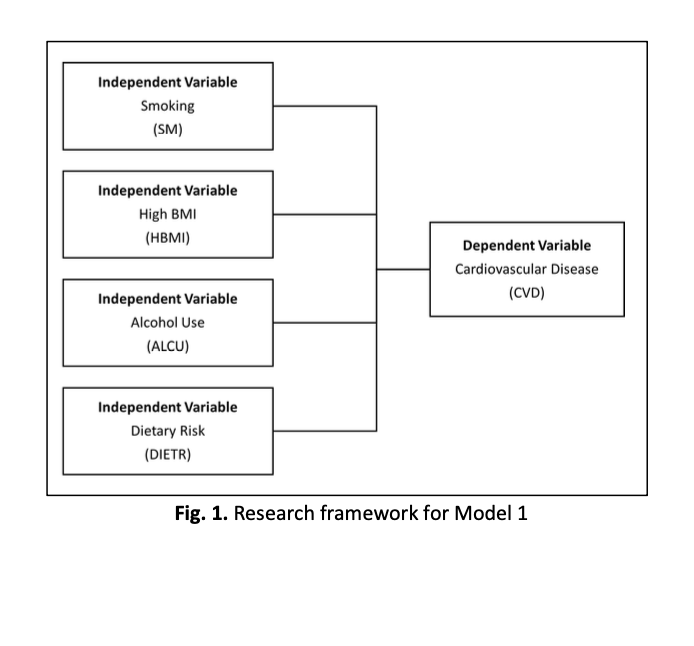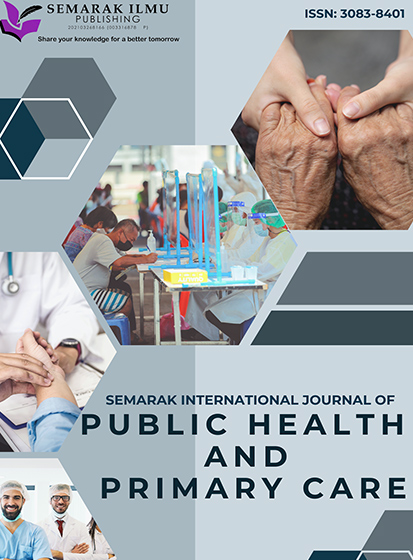The Effects of Non-Communicable Diseases and their Risk Factors on Malaysia’s Healthcare Expenditures
Keywords:
Cardiovascular Disease (CVD), diabetes, dietary risk, healthcare expenditure, High Body-Mass Index (BMI), Non-Communicable Diseases (NCDs), smokingAbstract
Malaysia's healthcare expenditures are heavily burdened by a rise in the rate of non-communicable diseases (NCDs), specifically diabetes and cardiovascular disease (CVD). This research examines how these non-communicable diseases (NCDs) are impacted by selected key risk factors, which are smoking, dietary risk, and having a high body-mass index (BMI), as well as how these NCDs affect Malaysia’s healthcare expenditure. Using a 20-year dataset (2000–2021) from the World Bank and Global Health Data Exchange (GHDX), the study uses time series analysis and multiple linear regression. Results indicate that high BMI has the strongest correlation with both diseases. In addition, diabetes is highly correlated with healthcare expenditure in Malaysia. These results highlight the need of focused prevention efforts that address modifiable risk factors in order to decrease the financial burden of NCDs. Hence, to reduce the occurrence of these diseases, policymakers are recommended to give priority to providing funds for efficient management plans and public awareness initiatives. A comprehensive approach to addressing these risk factors may enhance public health outcomes and lower Malaysian healthcare expenditures.









